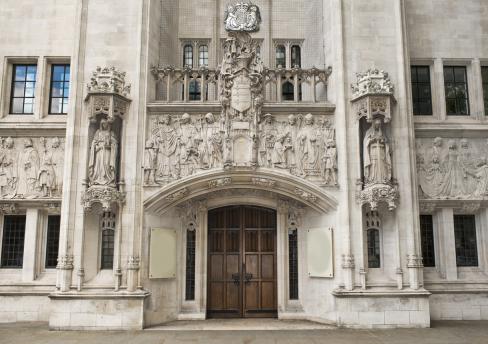The rising cost of the adjudication process has been recognised as a problem within the construction industry for some time. Adjudication was introduced as a fast track process to ease cash flow. In recent years more and more complex disputes are being referred to adjudication which is not only making the process more complicated and lengthy but it is also increasing the cost of the adjudication process.
Parties to adjudication are liable for the own legal fees regardless of success in the process. In addition the adjudicator can allocate payment of their own fees in the manner they deem fit. This could be fully against one party, on a 50/50 split basis, or on some other split basis e.g. 75/25. It is easy to see how costs in adjudication can escalate.
A number of reasons are cited for the escalating costs of adjudication, these include the parties themselves lengthening the process by wanting to have the last say; adjudicators not managing the process and allowing numerous rounds of unnecessary submissions; party representatives (whether that be lawyers or claims consultants) making the process more complex than it needs to be; and the additional costs involved in enforcing adjudicator's decisions. In reality the rising costs of adjudication is not linked to one particular reason but is most likely due to a mixture of all of the reasons commonly complained of.
In an effort to make the adjudication more attractive particularly to lower value disputes a number of adjudicator nominating bodies have introduced low value adjudication schemes. An adjudicator nominating body is the organisation which nominates an adjudicator when there is no agreement between the parties. A number of these bodies have their own adjudication rules which can be incorporated into the contract.
The Technology and Construction Solicitors' Association ("TeCSA") have introduced the Low Value Disputes ("LVD") Adjudication Service and the Construction Industry Council ("CIC") have introduced the Low Value Disputes ("LVD") Model Adjudication Procedure ("MAP"). The TeCSA Scheme covers adjudications up to £100,000 and the CIC Scheme covers adjudications up to £50,000.
The purpose of these Schemes is to set a specific fee which can be charged by the adjudicator which is tied to the the value of the dispute referred. These Schemes do not and cannot limit the fees charged by party representatives which still remains the unknown for parties instructing representation in adjudications.
At Morton Fraser we understand the need to bring clarity to the costs involved in the adjudication process. In recognition of this and the Schemes which have been introduced by some of the adjudication nomination bodies, we have developed a number of flexible feeing options for adjudication depending on the nature of the dispute involved. We have a large and experienced construction team who regularly deal with adjudications and we would be happy to discuss these fee options with you.
The content of this webpage is for information only and is not intended to be construed as legal advice and should not be treated as a substitute for specific advice. Morton Fraser LLP accepts no responsibility for the content of any third party website to which this webpage refers. Morton Fraser LLP is authorised and regulated by the Financial Conduct Authority.










